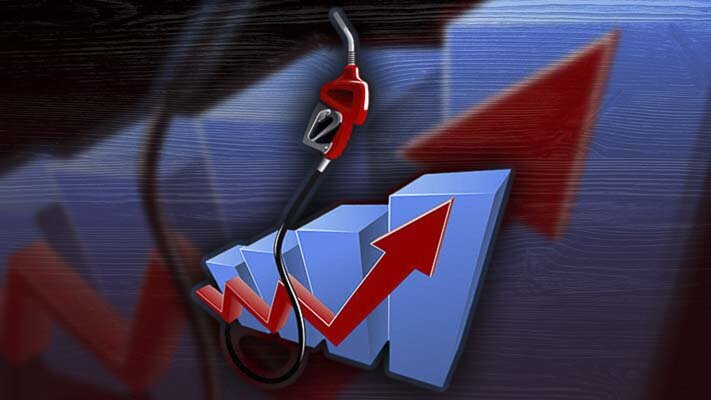
Todd Myers reports that the tax on CO2 emissions that is part of the CCA will continue to be the major driver of energy prices in Washington state
Todd Myers
Washington Policy Center
While much of the attention on Washington’s climate policy has been fixed on the climate tax, another law – the low-carbon fuel standard (LCFS) – is also beginning to take effect. The cost is low now, but the results of the first credit sales indicate it will soon go up.

The LCFS mandates that fuel suppliers reduce the carbon intensity of their fuels by 20 percent by 2034. Washington already mandates a 10 percent ethanol blend for gasoline, so the ability to comply by increasing the ethanol blend is limited. To deal with that limitation, the LCFS creates a credit system that requires fuel suppliers to pay others for transportation-related CO2 reductions elsewhere. For all the criticism of carbon offsets by the left, the LCFS uses a virtually identical system.
Fuel suppliers buy credits to meet the law’s decarbonization targets. The first credits in Washington’s LCFS market have been sold and they offer a hint at the cost of the program.
For the months of August and September, the average credit price was $99.85 per metric ton of CO2. That is about 60 percent higher than the state’s tax on CO2 emissions, which is itself the most expensive in the Americas.
The LCFS is being phased in slowly, so the impact on gas prices is relatively small. Using Oregon’s formula for calculating the impact on the cost of gasoline, the LCFS adds about 0.6 cents per gallon at the current price. This is consistent with the 2023 cost projection we made last year.
By 2030, if the current prices hold, the cost of gasoline would jump 10.3 cents per gallon.
For diesel, the LCFS currently adds about one cent per gallon. At current prices, that would jump to about 11 cents per gallon in 2030.
California and Oregon have a similar LCFS. Washington’s LCFS price is 37 percent higher than California’s price but 30 percent lower than Oregon’s price.
Despite the cost, the LCFS does nothing to reduce CO2 emissions because reductions are already counted as part of the state’s emissions cap. If the LCFS did not exist, the state’s total CO2 emissions would be the same. The only difference would be how we met the cap.
The LCFS adds costs but provides zero additional climate benefit.
The only benefit goes to companies that produce biofuel, EV chargers and other methods of compliance. Not surprisingly, they were the ones who lobbied hard for the legislation. They make money. Washington consumers pay. And the environment gets nothing.
Cap-and-trade systems, like the state’s Climate Commitment Act (CCA), have many problems, but one benefit is that they are comprehensive, eliminating the need for ad hoc regulations and subsidies. Washington state politicians, however, have decided to add new regulations and subsidies on top of the cap-and-trade system. This only adds more cost and funnels money to politically chosen industries and special interest groups. It doesn’t help the planet.
The tax on CO2 emissions that is part of the CCA will continue to be the major driver of energy prices in Washington state. The cost of the LCFS, however, is particularly annoying because it is entirely unnecessary. For now, at least, that cost it marginal. It won’t stay that way.
Todd Myers is the director of the Center for the Environment at the Washington Policy Center.
Also read:
- Opinion: Courts blocking the Kroger-Albertson merger won’t stop consumers from making choicesPaul Guppy of Washington Policy Center critiques judicial rulings that block the Kroger-Albertsons merger, citing changing consumer trends and potential job losses.
- Opinion: Workers need money — and the many other gifts work can bringElizabeth New Hovde discusses the value of work, its benefits for workers and employers, and its impact on personal growth.
- How Should Washington Taxpayers Handle TriMet’s Proposed Light Rail Costs? Share Your Thoughts!C-TRAN Board reviews TriMet’s proposal for Washington taxpayers to fund 45% of light rail operating costs, sparking local debate.
- Opinion: Get ready for the 2025 legislative sessionNancy Churchill emphasizes the importance of citizen participation as the 2025 Washington legislative session begins.
- Opinion: Thousands of Republicans didn’t vote. Why?Amboy resident Thomas Schenk discusses low Republican voter turnout and election concerns in Clark County.










